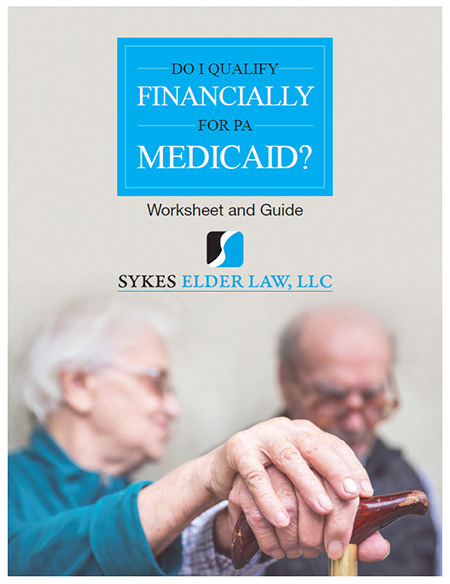Normally, the owner of a tax-deferred retirement savings account must take required minimum distributions (RMDs) from the account beginning with the calendar year in which the owner reaches age 70½.
Economic turmoil since September has devastated many of those retirement accounts. Retirees faced further losses if they had to sell assets at their lowest value to take RMDs.
Congress responded with the Worker, Retiree, and Employer Recovery Act of 2008, which suspends RMD requirements for 401(k) plans, IRAs, and similar retirement accounts in 2009. However, RMDs for 2008 must still be made by April 1, 2009 for account owners who turned 70½ in 2008.
Besides affording relief generally to retirees, this new law may also assist in Medicaid planning. For example, spouses of those applying for Medicaid in 2009 could have less required income, which could help in protecting additional resources. Medicaid recipients with small accounts below the resource limit could have save more resources for beneficiaries.





